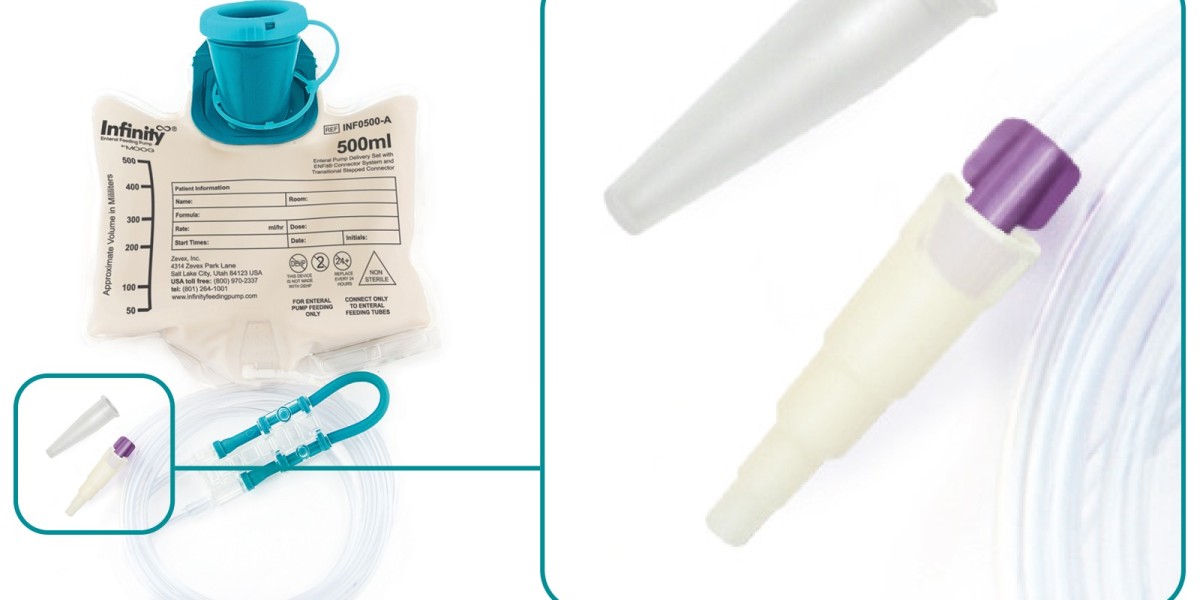In the realm of pharmaceuticals, a vital link connects drug manufacturers, regulatory bodies, and patients: the registration holder. The registration holder plays a pivotal role in shepherding drugs through the complex landscape of regulatory processes. While the concept of a registration holder might seem straightforward, its role goes far beyond administrative tasks. It ensures patient safety, regulatory compliance, and the availability of essential medications. In this blog, we will explore the importance of registration holder support for drugs and how it plays a crucial role in ensuring patient safety and regulatory compliance.
Who are Registration Holders for drugs?
Registration holders, also known as authorized agents, are critical players in the pharmaceutical industry who shoulder the responsibility of obtaining and maintaining the necessary approvals from regulatory authorities for drug products.

"Registration holder" refers to an individual or entity in India authorized by a foreign company. The designated agent assumes responsibility for handling the import and business operations of the foreign company within India, ensuring strict adherence to all provisions outlined in the Drugs and Cosmetics Acts. Their role is multifaceted and plays an important role in ensuring patient safety, regulatory compliance, and the overall success of drug development and distribution.
Role of Registration Holders
The role of the registration holder in the pharmaceutical industry is indispensable. Their support is the backbone of drug development, ensuring that medications meet stringent regulatory standards and that patients receive safe and effective treatments. Their expertise in regulatory compliance, pharmacovigilance, and quality assurance contributes to patient safety, while their commitment to post-marketing studies ensures continuous improvement in drug development.
Authorized Agent must possess a valid wholesale license meant for the sale and distribution of products or services in India and should be able to file an application to Central Licensing Authority for Drug registration in India.
Significance of Registration Holders
The significance of a drug registration holder lies in their pivotal role as a representative of a foreign pharmaceutical company in India. They play a crucial part in facilitating the import, distribution, and business activities of the foreign company within the Indian pharmaceutical market. Let's explore the key aspects that highlight the significance of authorized agent support for drugs:
1. Facilitating Regulatory Processes
The journey of a drug from the laboratory to the medicine cabinet is fraught with regulatory hurdles. This is where the registration holder steps in as the liaison between the drug manufacturer and regulatory agencies. They are responsible for compiling all necessary data and documentation required for submission to the regulatory agency. Their expertise in navigating the intricacies of regulatory processes expedites the approval timeline, ultimately allowing patients faster access to life-saving treatments.
2. Ensuring Compliance with Regulatory Standards: The drug authorized agent ensures that the foreign pharmaceutical company operates in full compliance with the provisions of the Drugs and Cosmetics Acts in India. They act as a bridge between the foreign company and the Indian regulatory authorities, ensuring that all legal requirements are met, and necessary approvals and licenses are obtained.
3. Market Entry and Expansion: For foreign pharmaceutical companies looking to enter or expand into the Indian market, the authorized agent serves as a local partner with a deep understanding of the regulatory landscape and market dynamics. Their expertise and knowledge of the Indian pharmaceutical sector are invaluable in overcoming entry barriers and ensuring a smooth market presence.
4. Import and Distribution: The authorized agent handles the import and distribution of the foreign company's drugs within India. This includes obtaining import licenses, managing customs clearance, and ensuring efficient distribution channels to reach healthcare providers and patients across the country.
5. Local Representation: Having a local representative is essential for foreign pharmaceutical companies to effectively navigate the Indian market's unique challenges, cultural nuances, and business practices. The authorized agent acts as a point of contact for the company's Indian customers and stakeholders, enhancing communication and understanding.
6. Pharmacovigilance and Adverse Event Reporting: The authorized agent plays a critical role in pharmacovigilance, which involves monitoring and reporting adverse events related to the foreign company's drugs in India. Timely and accurate reporting of safety concerns is crucial for patient safety and regulatory compliance.
7. Efficient Market Access: With the support of an authorized agent, foreign pharmaceutical companies can navigate the complex registration and approval processes in India more efficiently. This streamlines market access, allowing patients to benefit from innovative treatments sooner.
Conclusion
The role of the registration holder in the pharmaceutical industry cannot be overstated. Pharmaceutical companies must recognize the importance of selecting a reliable and experienced registration holder to represent their drugs. They serve as a reliable partner, ensuring compliance with regulations, handling market entry and distribution, and fostering effective communication with local stakeholders. Their support is instrumental in navigating the complex regulatory landscape, ensuring patient safety, and maintaining compliance with evolving standards.
For more information, visit our website clinexperts-research.com



